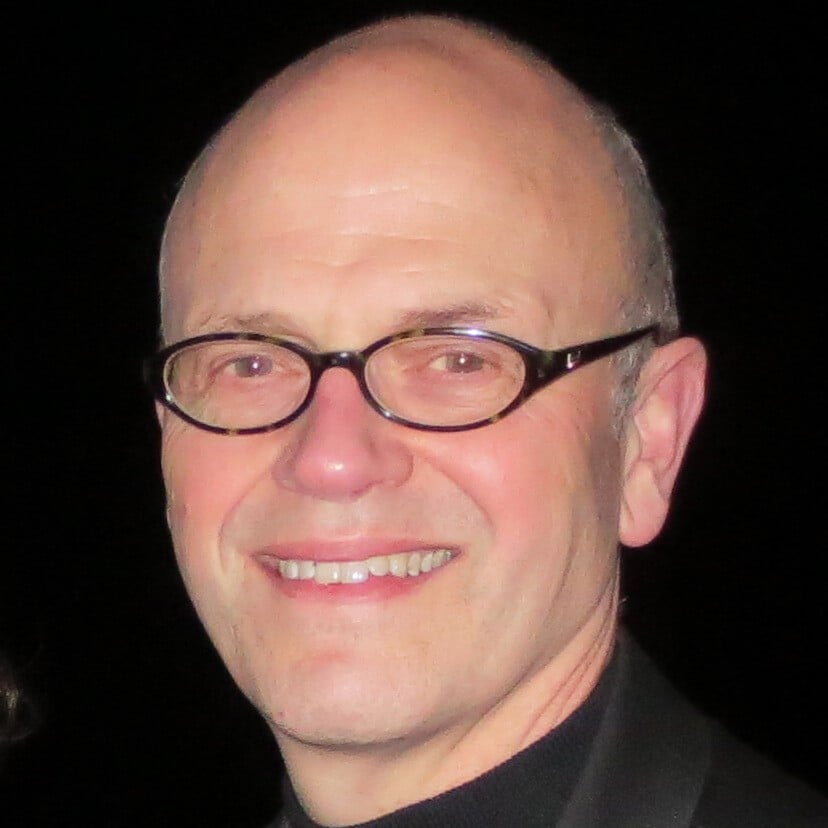Standing strong for vision science
By Claude F. Burgoyne, MD, FARVO
ARVO, an organization of more than 11,000 members with 45% from outside the U.S., must constantly adjust and refine its role as the most important society for eye and vision research in the world. Since the ARVO 2017 Annual Meeting in Baltimore last May, the ARVO Executive Committee, working in consultation with the ARVO Board of Trustees, several ARVO committees, working groups and ARVO staff, have focused their efforts on a range of issues. These include the articulation and advancement of diversity policies and initiatives, strategies to increase the IOVS impact factor (a working group is in progress), and responding via a letter to the recent changes in the National Institutes of Health definition of clinical trials. As president of ARVO, I have found it gratifying to watch the efficiency and creativity of ARVO’s response to these challenges.
The two linked themes for next year’s Annual Meeting in Hawaii are to Stand strong for science and to Stand for strong vision science. One part of “standing strong” is to seek opportunities to articulate the role that science in general and visual system science in particular play in our world. My wife and I spent Monday, Aug. 21 just southeast of the Warm Springs Indian Reservation in central Oregon, experiencing the exhilaration of a total solar eclipse. Next to us was a young woman who is a NASA soil biologist working on future missions to Mars. When I asked her if she was aware of the optic neuropathy of prolonged space flight that, at present, is a serious threat to those missions, she was unaware of this entity. She was fascinated to know that OCT systems are now on the international space station and in use to image the astronauts in space. Of course, ARVO scientists have been famously involved in the development of this technology and are also driving the interpretation of the ocular anatomy it allows us to see.
In a column about his eclipse experience, Nicholas Kristof, the New York Times columnist, ends by asking why society completely accepts the accuracy of the microsecond precise eclipse predictions of astronomic science yet challenges the overwhelming evidence from climate science on the dangers of global warming. Part of the responsibility of being a scientist includes articulating and defending the importance of what we do. ARVO, as an international organization, is committed to this advocacy on behalf of all of its members. Please continue your commitment to ARVO by renewing your membership and joining us in May for the 2018 Annual Meeting in Hawaii.
“Part of the responsibility of being a scientist includes articulating and defending the importance of what we do.” ARVO President Claude F. Burgoyne, MD, FARVO

